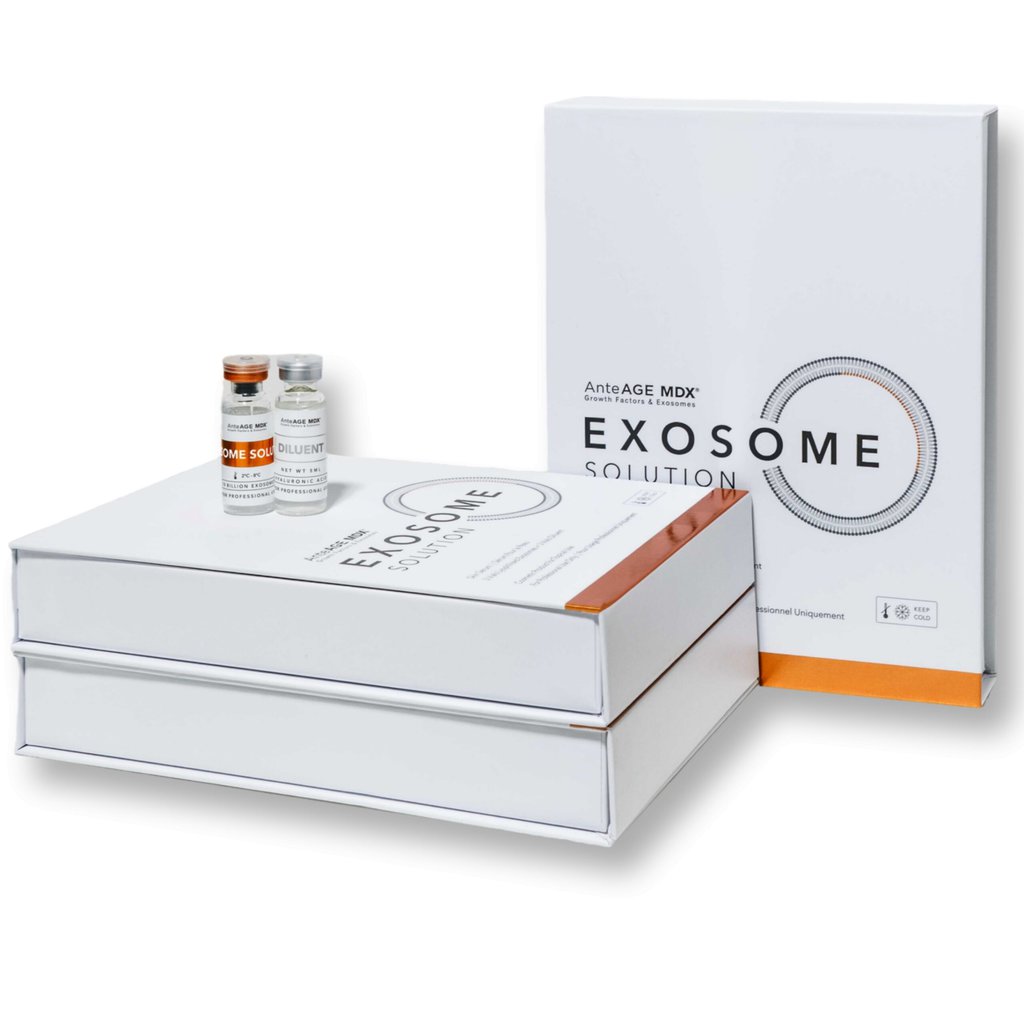Too much sugar ages the skin by damaging collagen and elastin, causing wrinkles and sag. Cut sugar, eat antioxidants, hydrate, and use sunscreen for youthfulness.
Introduction
The pursuit of youthful, healthy skin is a common goal for many. As we age, skin loses elasticity and collagen, leading to wrinkles, sagging, and dullness. While aging is inevitable, there are ways to slow down the process and maintain a more youthful complexion longer.
One of the keys to reducing premature skin aging is decreasing your sugar intake. Sugar triggers a process called glycation, which causes proteins like collagen to become damaged. This leads to accelerated wrinkling and sagging. By limiting added and processed sugars, as well as simple carbs that quickly turn to sugar, you can help minimize glycation and its effects on skin. In this article, we’ll explore the connection between sugar consumption and skin aging, and provide tips for reducing sugar intake to maintain healthy, youthful skin.
What is Glycation?
Glycation is the process where sugars such as fructose and glucose, bond to the proteins lipids and nucleic acids, resulting in the formation of advanced glycation end products (AGEs) in the body. The technical term for bonding sugar to protein or fat is known as glycation, which is different from glycosylation – an enzyme controlled mechanism to attach sugar to proteins. Some degree of glycation occurs naturally in the body as we age, as a result of normal metabolic processes. However, consuming too much sugar and refined carbohydrates drastically accelerates glycation far beyond normal levels by flooding the body with excess sugars that attach to tissues. When large amounts of sugar molecules bond to proteins, lipids or nucleic acids, uncontrolled damage can occur throughout the body by disrupting structures and functions. Common sites impacted by glycation are collagen and elastin found abundantly in skin, blood vessels, kidneys, eyes and joints which leads to visible aging and damage over time.
How Glycation Affects Skin
Glycation has detrimental effects on the skin by damaging collagen and elastin fibers that help keep skin firm and supple. When excess blood sugar binds to these skin proteins, it creates abnormal chemical bonds called advanced glycation end-products (AGEs). AGEs cause collagen and elastin fibers to become stiff and malformed over time. The compromised structure and function of collagen and elastin fibers leads to characteristic signs of skin aging such as wrinkles, fine lines, loss of elasticity, and sagging skin. Glycated collagen forms cross-links that accumulate over time, leading to stiffening of the skin that contributes to a worn, aged appearance. Glycated elastin loses its ability to snap back into place after stretching, reducing the skin’s elastic properties. Overall, the glycation process interferes with collagen and elastin’s natural regenerative processes. This disruption in structural proteins is a key reason why excessive sugar intake seems to accelerate the skin’s aging.
Signs of Skin Aging Caused by Sugar
High sugar intake and glycation can lead to various visible signs of premature skin aging. Some of the most common skin changes include:
Wrinkles, especially around the eyes and mouth. Glycation degrades collagen and elastin, leading to wrinkle formation. Studies show wrinkles are more prevalent in those who consume high amounts of sugar. Sugar impairs the collagen and elastin matrix in your skin, reducing its firmness and elasticity over time. Skin begins to sag, especially around the jawline, neck, and cheeks. Dull, lackluster complexion. Glycation can cause skin discoloration and compromise microcirculation in the skin, resulting in a tired, dull appearance. By reducing added sugar intake and preventing glycation, you can maintain a more youthful glow and minimize premature aging of the skin. Loss of elasticity and sagging skin.
Role of Inflammation
High sugar intake also contributes to skin aging by promoting inflammation in the body. When blood sugar levels spike, it triggers the release of inflammatory compounds called cytokines. This state of chronic, low-grade inflammation wears away at the collagen and elastin in the skin through enzymatic breakdown, or enzymatic degradation. Inflammation perpetuates the damage done by glycation, further compromising the skin’s support structure. The breakdown of collagen and elastin fibers leads to sagging, wrinkles and loss of elasticity – all visible signs of accelerated skin aging. Reducing sugar intake and maintaining steady blood sugar levels can help minimize inflammatory damage. A diet focused on whole, unprocessed foods with complex carbohydrates will prevent spikes in blood glucose. Minimizing inflammation will provide considerable protection against premature aging of the skin.
Preventing Sugar Damage
Fortunately, there are several effective ways to reduce glycation and sugar-related skin aging. First, reduce added and processed sugars in your diet. Focus on getting carbohydrates from whole foods like fruits, vegetables, and whole grains. Limit sugary snacks, cereals, baked goods, and beverages. Increase your intake of produce high in antioxidants like berries, leafy greens, citrus fruits, tomatoes, carrots, and sweet potatoes. Antioxidants help neutralize the free radicals caused by glycation. Staying well hydrated is also key. Drinking adequate water supports your overall health and keeps your skin moist and supple. Some experts recommend half your body weight in ounces of water daily.
Use sunscreen daily, even when indoors. UV exposure accelerates the glycation process. Choose a broad spectrum sunscreen with SPF 30 or higher. Professional skin treatments like chemical peels, microneedling, and laser therapy can also help reverse sugar’s skin damage by promoting collagen production.
Key Takeaways
Sugar can accelerate skin aging through a process called glycation. When sugars attach to proteins like collagen and elastin, they create harmful compounds called AGEs. This damages the structure and function of collagen and elastin, leading to common signs of aging like wrinkles, sagging skin, and loss of elasticity. Glycation happens naturally but consuming too much sugar makes it worse. Simple sugars like table sugar are especially damaging. The inflammation caused by excessive sugar also breaks down collagen.
To maintain youthful skin, it’s important to reduce added and processed sugars. Eat more whole, unprocessed foods and antioxidant-rich produce. Stay hydrated, use sunscreen, and get safe skin treatments. Avoiding sun exposure and not smoking also prevents premature aging. By being mindful of your sugar intake in your diet, you can curb glycation and keep your skin looking healthy and young for longer.
Consult at Valeriya Life for personalized advice on anti-aging skincare and supplements that help reduce sugar intake for healthier skin.
Contact Info
To get in touch with the author of this article, you can reach out via the following:
Email: [email protected]
Phone: 531-777-2752
Mailing Address:
1515 S, 204th St, Suite #105
Elkhorn, NE 68022
Feel free to connect and continue the conversation!
About The Author
Valeriya Kettelhut MD, PhD, MPH is a skilled surgeon, scientist, inventor, and entrepreneur. She started her medical career as a surgeon in Russia, where she gained valuable experience in a challenging and fast-paced setting. In 2003, she moved to the United States and became a scientist and healthcare analyst at the prestigious Nebraska Medical Center. She made significant contributions to groundbreaking research studies. Her published research studies as an inventor greatly advanced medical knowledge. Driven by her passion for helping others achieve optimal aesthetic well-being, Dr. Kettelhut established Valeriya Life, an advanced aesthetic center that takes an integrative approach to health, beauty, and longevity.
Read more about the author: Click Here









